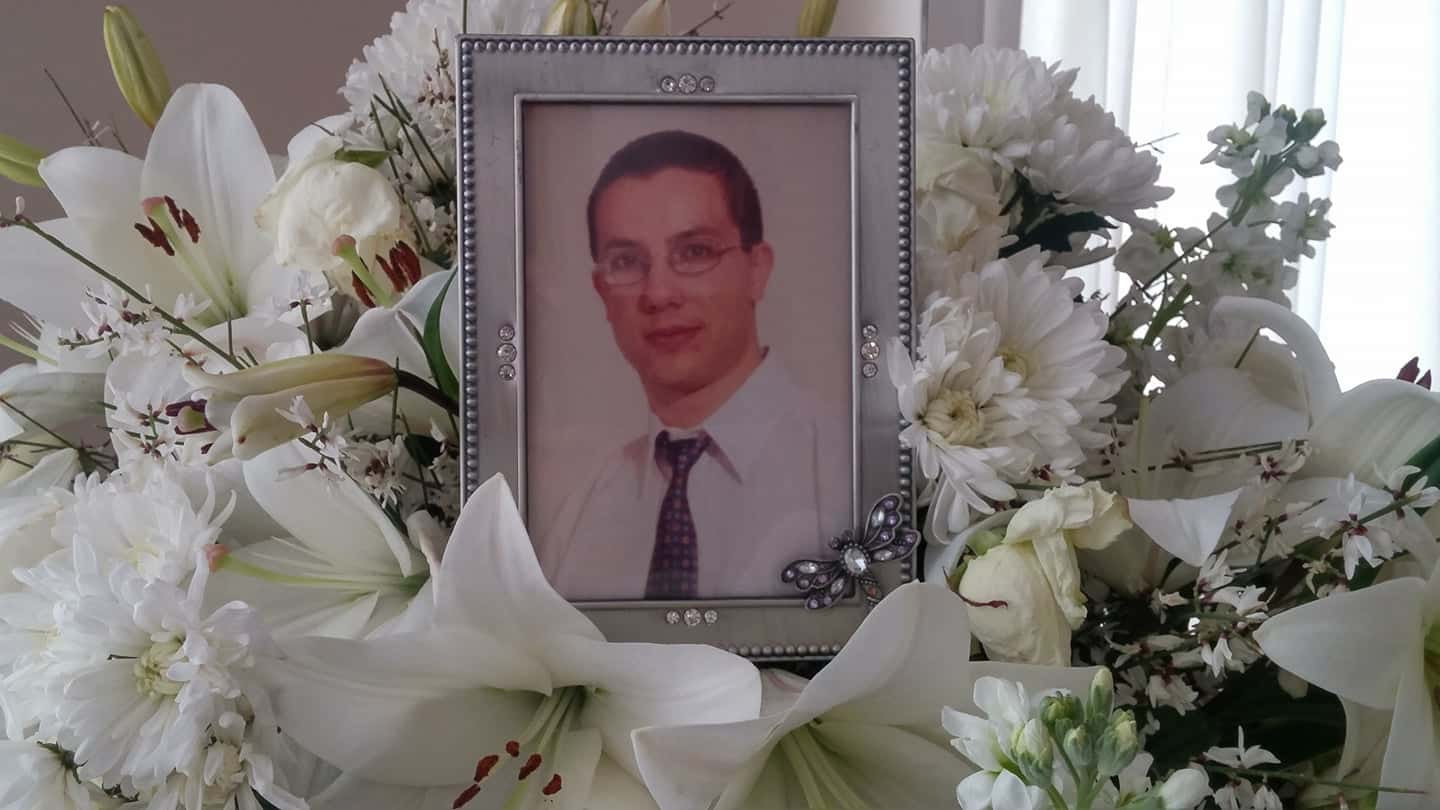Anthropologist Eleftheria Charilaou testified in the Limassol Court on Thursday during the inquiry into the 2005 death of national guardsman Thanasis Nicolaou.
On Monday, the police guard responsible for transporting the bone samples of Nicolaou’s body to Greece for further testing had already testified.
Ahead of Thursday’s hearing, Judge Doria Varoshiotou ordered another witness, Savvas Matsas, a criminal investigator into Nicolaou’s death, to leave the courtroom, as he will be testifying in the future.
Following Matsas’s departure, Charilaou, who works at the Committee of Missing Persons (CMP), began her testimony, presenting her findings.
During questioning, the attorney from the legal service asked Charilaou for specifics about her forensic archaeological and anthropological report, which had been previously submitted as evidence.
Charilaou confirmed her findings, revealing fractures in Nicolaou’s chest, spine, tibia, scapula, and other areas.
Regarding the hyoid bone, which was later sent to Greece for specialised tests, Charilaou reported finding a bone deficit on the left horn. The horns of this specific bone are used to unite the body of the bone.
When asked why the fragment had not been reattached, Charilaou explained that the family’s medical examiners, Philippos Koutsaftis, Socrates Tsantiris, and Marios Matsakis, did not allow for the horn to be reattached. She mentioned that during her presentation of the findings, the state’s pathologists Nicholas Charalambous and Sophocles Sophocleous were present, and she believed that Panikos Stavrianos, the pathologist who, at the time of Nicolaou’s death, ruled it as a suicide, was also there.
During Charilaou’s cross-examination, the family’s lawyer pointed out three discrepancies in her findings compared to those mentioned by the medical examiners, as recorded in the activity diary by a police member.
Charilaou said that she did not find some of the fractures listed by the pathologists. She mentioned that the anthropological exam spanned over six months, during which the bones underwent a cleaning process.
When asked if she agreed with the findings of the medical examiners regarding the hyoid bone, she responded yes. However, when asked why she did not record the deficit she found in it, she explained that it is not a perimortem or postmortem finding and is not usually included in anthropological reports.
The death inquiry will resume on December 20 at 10am with the testimony of the medical examiner Panikos Stavrianos, who is expected to be cross-examined on December 22.







Click here to change your cookie preferences